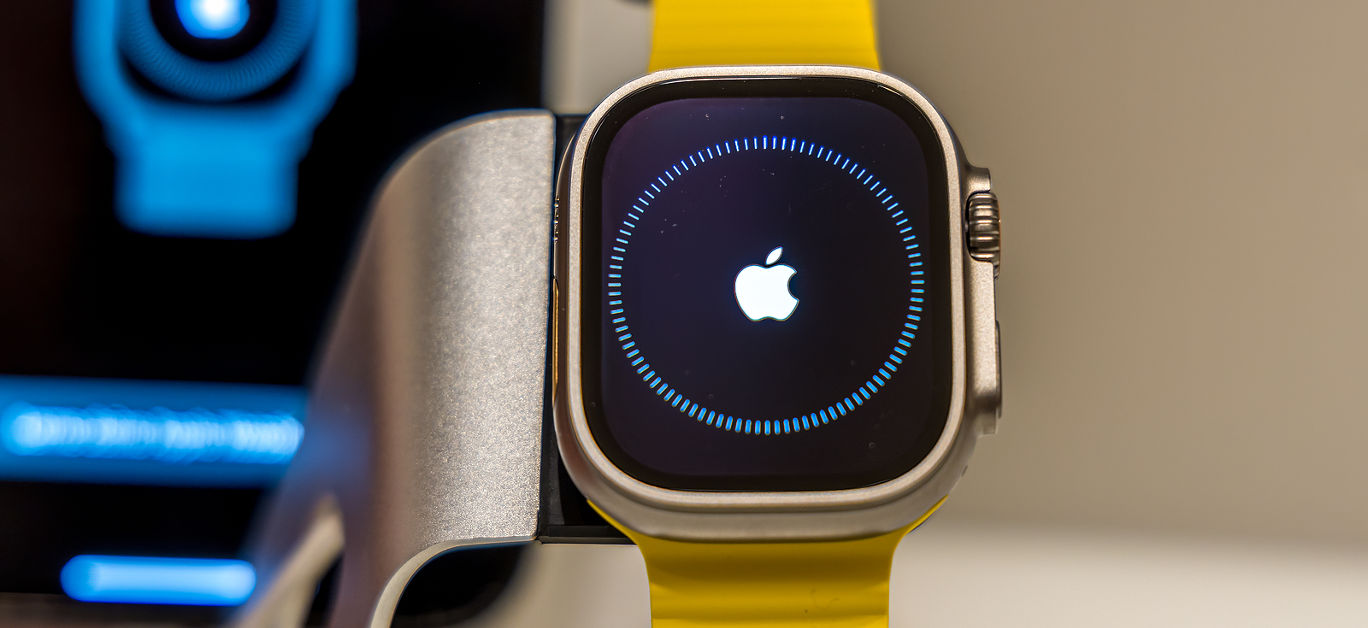Technological advancements in recent years have been both quick and remarkable. What was once considered science fiction is now a regular part of our daily routines, changing how we work, relax, and communicate. These shifts have impacted everything from our simplest tasks to our most significant moments.
Here, we take a closer look at the immense impact of these recent tech breakthroughs on contemporary life.
Online gaming: A digital revolution

The digital era has witnessed an unprecedented surge in the popularity of online gaming platforms, redefining entertainment by offering immersive experiences that were once confined to physical spaces. A significant segment of this digital gaming revolution is the emergence of online casinos. Platforms like PokerStars Casino have elevated the casino experience, allowing enthusiasts to indulge in classic games like roulette without stepping foot in a traditional gaming hall.
Online gaming communities are another big part of the online gaming trend. They’ve become vibrant spaces where players bond over shared strategies, celebrate each other’s victories, and even engage in friendly competitions. These platforms have also facilitated global connections, allowing gamers from different parts of the world to interact and learn from one another. The camaraderie and shared experiences in these communities highlight the ever-evolving charm of online gaming.
Smart home technologies
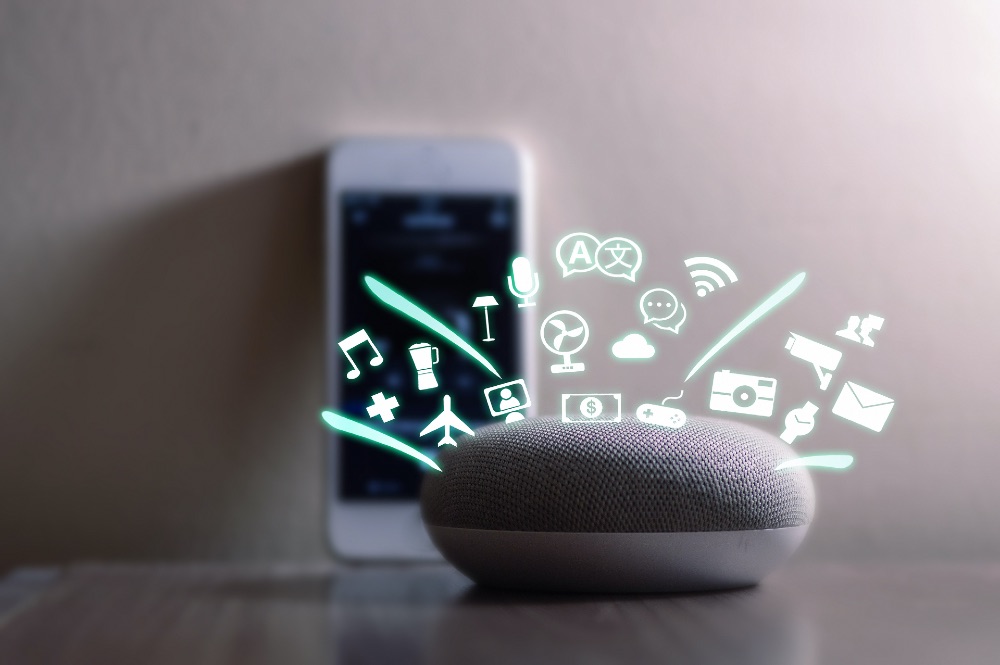
Today’s homes are becoming increasingly intelligent. Modern residences boast thermostats that intuitively adjust to our comfort levels, refrigerators that assist in grocery planning, and security systems that send real-time updates to our phones. Incorporating technology into home management has several advantages. It enhances energy efficiency, potentially leading to substantial cost savings, bolsters home security, and introduces unparalleled convenience.
Picture having the ability to adjust your home’s ambiance, set the perfect room temperature, or even operate appliances, regardless of your location. Looking ahead, we envision a world with seamlessly interconnected devices, the capability for predictive maintenance, and increasingly intuitive voice interactions. Yet, as we embrace these innovations, challenges emerge, particularly around data privacy and the growing emphasis on stringent cybersecurity protocols.
Wearable tech and personal devices
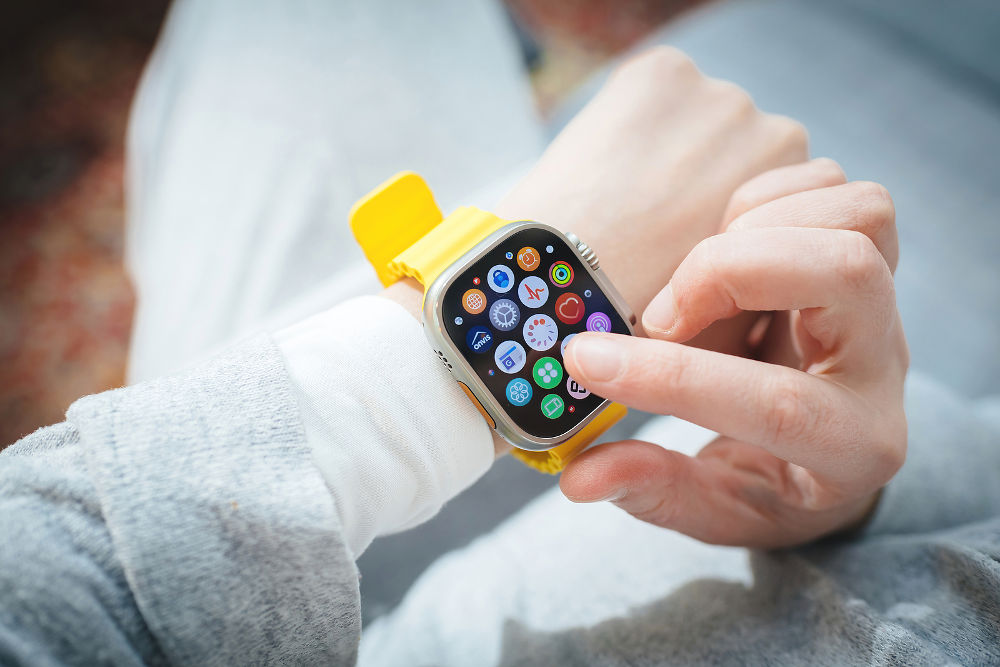
From humble beginnings as mere step-counters, wearable technology has evolved exponentially. Today’s devices monitor intricate health metrics, from heart rate and sleep patterns to offering detailed electrocardiogram readings. These modern wearables, especially prevalent in the form of smartwatches, seamlessly merge health monitoring with communication. Now, not only can you track your daily steps and calories, but you can also text, call, and even make payments – all from your wrist.
The future promises even more: wearables with extended battery lives, more comprehensive health tracking, and devices that can synchronize flawlessly with other technological ecosystems.
Augmented reality (AR) and virtual reality (VR)
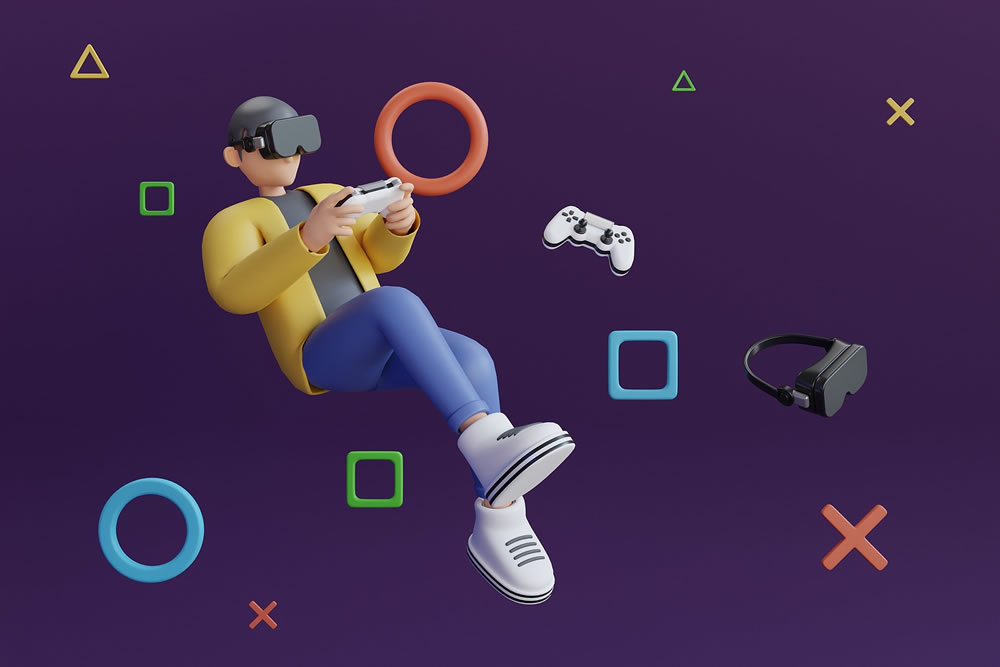
Gaming has gone beyond just entertainment. It now offers avenues for social connection, platforms for competitive play, and innovation at every turn. A key player in this transformation is the integration of AR and VR.
AR, which overlays digital elements onto our real world using devices such as smartphones, and VR, which immerses users into entirely digital realms using specialised headsets, are redefining the boundaries of gaming. But their potential doesn’t stop there. Imagine shopping online and using AR to visualise how a product would look in your space, or travelling to a distant land without leaving your home through VR. These immersive technologies might soon revolutionise sectors like education and healthcare, providing enhanced learning environments or aiding surgeons during intricate procedures.
The rise of electric and autonomous vehicles
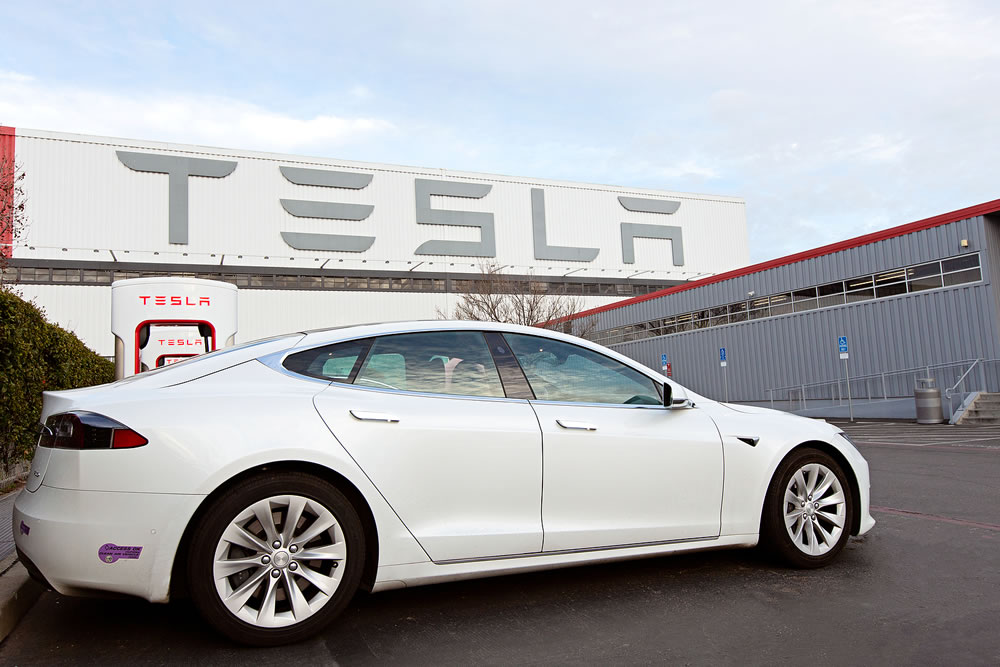
The transportation sector has not been immune to the sweeping changes brought about by technology. Once a niche market, electric vehicles (EVs) have entered mainstream consciousness, pushing us closer to a sustainable future. These vehicles offer the dual advantage of reducing carbon emissions and, given the increasing affordability of renewable energy sources, potentially decreasing the cost of travel.
Alongside the EV revolution, autonomous or self-driving vehicles have started making significant headway. Advanced sensors, intricate algorithms, and high-resolution cameras empower these vehicles to navigate complex urban environments without human intervention. The potential benefits are vast: from reducing traffic congestion and accidents caused by human error to reclaiming the time we’d typically spend behind the wheel.












